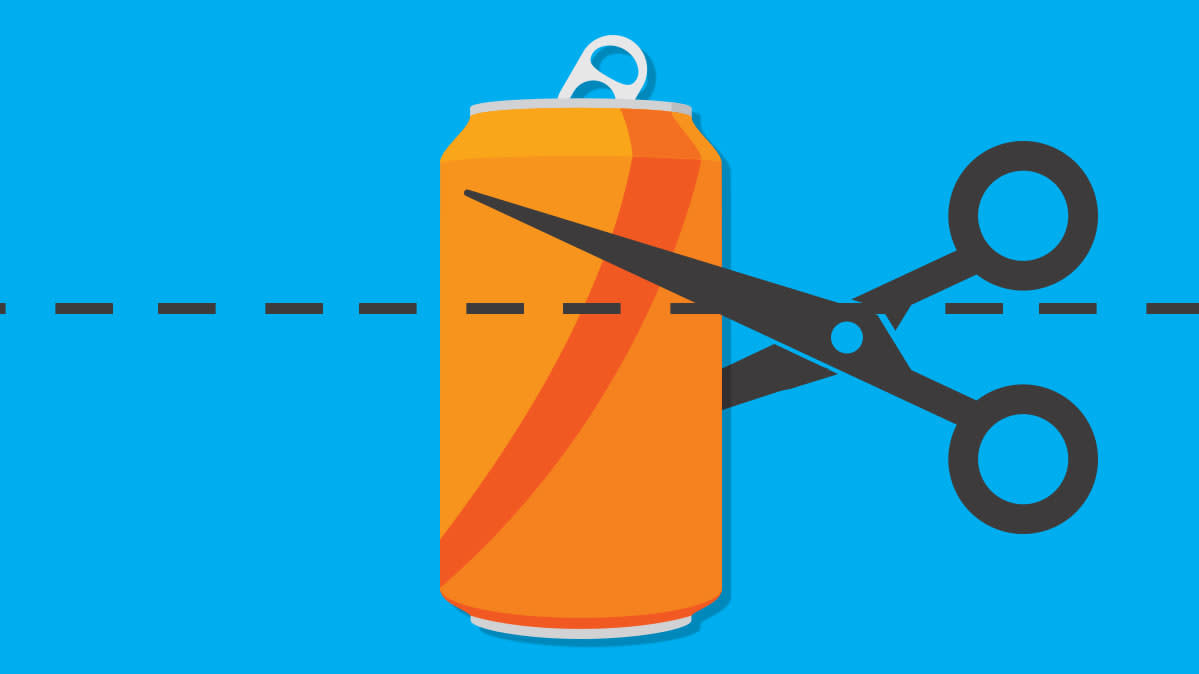Soda Tax May Cut Sugary Drink Consumption, New Study Finds

Consumer Reports has no financial relationship with advertisers on this site.
Consumer Reports has no financial relationship with advertisers on this site.
Putting a “sin tax” on soda, similar to taxes on alcohol and cigarettes, may be an effective way to reduce consumption of these sugary drinks, according to a new study.
Last year, Philadelphia—like Chicago, Oakland, and a number of other U.S. municipalities—implemented a sales tax on sugary beverages, often referred to as a “soda tax.”
Drexel University, in Philadelphia, found that the tax there led to a 40 percent reduction in daily soda consumption among residents in the two months after it took effect. The study, published in the American Journal of Preventive Medicine, also found that there was a 38 percent drop in the total number of sodas consumed over a 30-day period.
To get these figures, researchers conducted phone surveys of almost 900 Philadelphia residents before the tax was implemented, then conducted the same surveys immediately afterward.
For comparison, the same survey was given to residents of three nearby cities that did not put soda taxes in place. There was a slight increase in daily soda consumption in the neighboring cities, according to Amy Auchincloss, Ph.D., M.P.H., associate professor of epidemiology at Drexel and one of the study’s authors.
“It was not surprising that respondents from [the non-Philly cities] did not change their diet patterns significantly,” says Auchincloss. “But we did not expect to see such significant changes occur so rapidly in Philadelphia.”
Philadelphia’s soda tax—1.5 cents per ounce of sugary beverage—applies to energy drinks and sugar-added fruit juice beverages, as well as diet soda. The survey showed an even greater 64 percent dip in daily energy drink consumption, while daily fruit drink and diet soda consumption remained fairly static.
Auchincloss speculates that consumers may not have realized that juice-based drinks were also subject to the soda tax.
“Even though juice drinks can have similar—or more—added sugar than soda, there is still a perception among many people that they are healthy,” she says.
Anthony Campisi, spokesperson for the Ax the Philly Bev Tax Coalition (which is associated with the American Beverage Association, an industry group) said, "Actual sales data show a much different result—that this tax has simply caused families to shift their shopping to the suburbs to avoid the tax, harming Philadelphia’s small businesses and working families."
It is important to note, however, that the Drexel study measured overall consumption of sugary drinks, not sales.
A Tool for Fighting Obesity
Sugary beverages currently contribute about 7 percent of all calories consumed in the U.S., and those calories provide very little nutritional value. The connection between soda consumption and obesity is well-documented, and the U.S. is the most overweight country in the world, according to the international group the Organisation for Economic Co-operation and Development.
One question, Auchincloss says, is whether consumers will revert to their earlier soda drinking habits after the initial tax fanfare has died down. Auchincloss notes that her team’s study was conducted immediately after a huge media blitz, during which many Philadelphia residents were made aware of the new tax.
But Auchincloss says there is reason to believe the decline may be longer-lasting. The researchers point to the impact of Mexico’s sugary beverage tax—there has been a consistent drop in soda consumption in the two years following its implementation.
And according to an analysis by the World Health Organization of the effect such taxes have on the intake of junk foods and drinks, a 20 percent levy generally leads to a lasting 20 percent decrease in consumption. The Philadelphia tax adds an even higher percentage to the price of a sugary drink, with some products increasing in price as much as 40 percent.
The Drexel team is conducting a follow-up study with the same survey respondents.
“We want to see if the same shifts in sugary beverage consumption hold up after a year,” Auchincloss says.
Changing Your Own Habits
Despite the significant evidence linking sugary drinks to obesity, type 2 diabetes, hypertension, and related health concerns, kicking a soda habit can be tricky.
Nutritionist Stefanie Sacks, M.S., C.N.S., C.D.N., cautions that you shouldn’t just go cold turkey.
“It’s smarter to gradually reduce how much soda you’re drinking, at a reasonable pace,” Sacks says.
This can mean reducing your portions by 25 percent at a time, or slowly reducing how often you consume these beverages. This approach, Sacks says, gives you a better chance of sticking with the change.
But what if you want something comparable to swap in when you get that soda craving?
“You always hear, ‘Just drink water when you crave a soda,’” says nutritionist Dawn Jackson Blatner, R.D., “but come on. If you’re craving a hit of sweet, with bubbles and maybe caffeine, drinking a glass of water won’t fool you.”
To replace those flavors, Jackson Blatner suggests adding a 1.5-ounce shot of 100 percent fruit juice to a glass of seltzer water. You get a little hit of sweetness and flavor, as well as that familiar carbonation—without all the sugar. Of course, you can always go for store-bought flavored seltzer if making it at home doesn’t appeal to you.
Both Sacks and Jackson Blatner agree that diet soda is not the answer. These drinks may have fewer calories but they still lack nutritional benefits and some research suggests that they be linked to an increased risk of heart disease and even weight gain.
Editor's note: This story was updated to include a comment from the Ax the Philly Bev Tax Coalition.
More from Consumer Reports:
Top pick tires for 2016
Best used cars for $25,000 and less
7 best mattresses for couples
Consumer Reports is an independent, nonprofit organization that works side by side with consumers to create a fairer, safer, and healthier world. CR does not endorse products or services, and does not accept advertising. Copyright © 2018, Consumer Reports, Inc.

